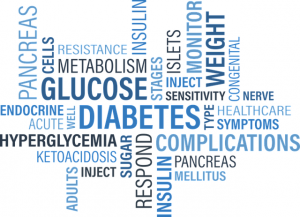
Metabolic syndrome, also known as syndrome X, is the name for a cluster of conditions – high blood pressure, high blood sugar, insulin resistance, increased risk of blood clots, abnormal cholesterol – that are dangerous themselves and can lead to heart disease and type 2 diabetes. Coenzyme Q10 supplementation can improve the associated mitochondrial dysfunction and reduce oxidative stress.
Coenzyme Q10, the essential bio-nutrient, has properties that are germane to the treatment of several of the risk factors associated with the umbrella term “metabolic syndrome” [Casagrande].
These properties include the following:
- a bio-energetics role in the cellular production of ATP energy [Casagrande]
- a role as a fat-soluble antioxidant protecting against oxidative damage by harmful free radicals to cells and lipids [Casagrande]
- an anti-inflammatory effect [Zhai]
- a role in the protection and improvement of endothelial function [Gao]
What Factors Reduce Plasma Coenzyme Q10 Levels?
Typically, we expect to find plasma Coenzyme Q10 concentrations ranging from 0.6 to 1.0 micrograms per milliliter in unsupplemented healthy individuals. With daily supplementation, it is possible to raise the plasma Coenzyme Q10 levels above the 2.5 micrograms per milliliter level needed for a therapeutic effect in heart disease and above the 3.5 micrograms per milliliter level needed for a therapeutic effect in neurodegenerative disease [Langsjoen].
Various factors reduce the plasma concentration of Coenzyme Q10 [Casagrande]:
- Ageing can reduce CoQ10 levels by 30 – 60%.
- Diseases such as heart disease and thyroid disease can reduce CoQ10 levels.
- Genetic factors can affect the body’s bio-synthesis of Coenzyme Q10.
- Statin medications inhibit not only the bio-synthesis of cholesterol but also of Coenzyme Q10.
In such cases, it is practically impossible to make up for the loss of Coenzyme Q10 by eating more or better. Supplementation is indispensable [Judy].
Low Coenzyme Q10 and Metabolic Syndrome
Low CoQ10 levels are associated with the following conditions that are factors in metabolic syndrome [Casagrande]:
- Low-grade systemic inflammation
- Mitochondrial dysfunction
- Oxidative stress
Metabolic syndrome itself is characterized by a combination of risk factors that, taken together, increase the risk of adverse cardiovascular events and type-2 diabetes:
- High blood pressure
- High blood sugar
- Insulin resistance
- Obesity
Coenzyme Q10 supplementation is especially of interest in cases of metabolic syndrome for two reasons [Casagrande]:
- CoQ10 in its bio-energetics function can help to restore the mitochondrial dysfunction that is characteristic of metabolic syndrome.
- CoQ10 in its role as a fat-soluble antioxidant can help reduce oxidative stress by neutralizing harmful free radicals.
Sources of Coenzyme Q10
One source of Coenzyme Q10 is, of course, the body’s own production of Coenzyme Q10. As was indicated above, the bio-synthesis of Coenzyme Q10 decreases with increasing age once people reach adulthood [Kalen].
A good estimate is that individuals eating a typical western diet will ingest 3 – 5 milligrams of Coenzyme Q10 daily. Most likely, less than 10% of the Coenzyme Q10 in food will be absorbed and be bio-available to the cells [Casagrande].
Consequently, common sense says that adults above the age of 40 will need a Coenzyme Q10 supplement [Judy].
Absorption of Coenzyme Q10
The absorption of the best formulated CoQ10 supplements is not high, i.e. 6 – 8% of a 100-milligram capsule at best. More typically, absorption of a 100-milligram product is in the range of 3 – 4% [Judy].
The formulation of the CoQ10 supplement seems to be more important than the form of the Coenzyme Q10 that is used. That is to say, the Coenzyme Q10 in food and in supplements is difficult to absorb [Lopez-Lluch].
The CoQ10 crystals must be dissolved at body temperature to single molecules for absorption to take place. Much depends on the heating/cooling process and on the choice of the oils the Coenzyme Q10 is dissolved in, both for the dissolving of the Coenzyme Q10 and for the providing of carrier oils to accompany the CoQ10 molecules through the watery phase of the small intestines to the intestinal absorption cells [Lopez-Lluch].
Safety of Coenzyme Q10 Supplementation
For us humans, Coenzyme Q10 is an amazing substance.
- Our bodies produce it in almost all cells but in decreasing quantities as we grow older.
- We need it for the process of converting food to energy.
- We need it to protect our cells against the harmful effects of free radicals produced as a by-product of the ATP production process.
Fortunately for us, who synthesize less Coenzyme Q10 in our bodies and who need more Coenzyme Q10 with increasing age, a fermentation process using yeast makes it possible to produce a natural Coenzyme Q10 raw material suitable for manufacturing into oil-based nutritional supplements. [Judy].
This natural CoQ10 supplement is typically taken in doses of 100 to 300 milligrams per day.
- Divided doses, e.g. 100 milligrams twice or three times a day, will give a greater total absorption than a single daily 200 or 300-milligram dosage will [Judy].
- Swallowing the CoQ10 capsule together with a meal that contains some fat will also improve absorption of the Coenzyme Q10 [Judy].
- People who do not want to swallow the capsule shell can cut the end off the capsule and squeeze out the contents.
- The safe upper limit for daily intakes of Coenzyme Q10 seems to be 1200 milligrams [Hathcock].
Conclusion: Coenzyme Q10 and Metabolic Syndrome
Diabetic high blood sugar levels and metabolic disorders are associated with the inactivation of the antioxidant defense system and with the reduction of mitochondrial function [Casagrande].
Low CoQ10 levels are associated with increased inflammation and increased oxidative stress [Casagrande].
Studies with CoQ10 supplementation have shown improvement in fasting glucose values, insulin resistance values, and high blood pressure values. Studies of the possible effect of CoQ10 supplementation on total cholesterol and LDL cholesterol have shown mixed results and must be regarded as inconclusive until further evidence is collected [Casagrande].
Sources
Casagrande, D., Waib, P. H. & Jordao Jr., A. A. (2018). Mechanisms of action and effects of the administration of Coenzyme Q10 on metabolic syndrome. Journal of Nutrition and Intermediary Metabolism, 13: 26-32.
Gao, L., Mao, Q., Cao, J., Wang, Y., Zhou, X. & Fan, L. (2012). Effects of coenzyme Q10 on vascular endothelial function in humans: a meta-analysis of randomized controlled trials. Atherosclerosis, 221(2):311-6.
Hathcock, J.N. & Shao, A. (2006). Risk assessment for Coenzyme Q10 (Ubiquinone). Regul Toxicol Pharmacol., 45(3):282-288.
Judy, W. V. (2018). The Substance that Powers Life: Coenzyme Q10, An Insider’s Guide. Forlaget Ny Videnskab. ISBN 978-87-7776-186-7. Available from amazon.com.
Kalén, A., Appelkvist E.L., Dallner G. (1989). Age-related changes in the lipid compositions of rat and human tissues. Lipids, 24(7):579–584.
Langsjoen, P. H., & Langsjoen, A. M. (2014). Comparison study of plasma coenzyme Q10 levels in healthy subjects supplemented with ubiquinol versus ubiquinone. Clinical Pharmacology In Drug Development, 3(1), 13–17.
López-Lluch, G., Del Pozo-Cruz, J., Sánchez-Cuesta, A., Cortés-Rodríguez, A. B., & Navas, P. (2019). Bioavailability of coenzyme Q10 supplements depends on carrier lipids and solubilization. Nutrition, 57, 133–140.
Zhai, J., Bo, Y., Lu, Y., Liu, C. & Zhang, L. (2017).
Effects of Coenzyme Q10 on markers of inflammation: a systematic review and meta-analysis. PLoS One, 12(1): e0170172.
The information presented in this review article is not intended as medical advice and should not be construed as such.




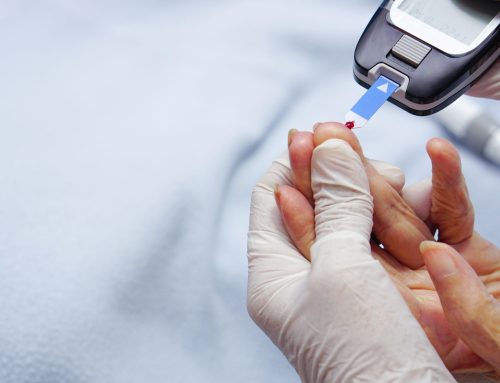
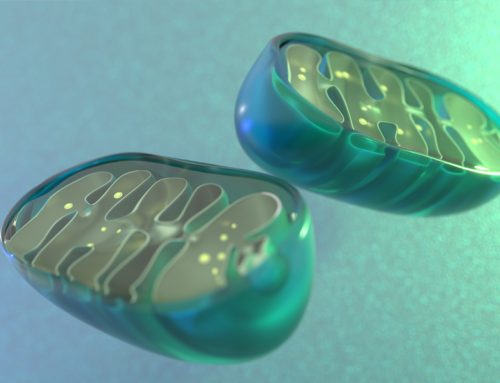
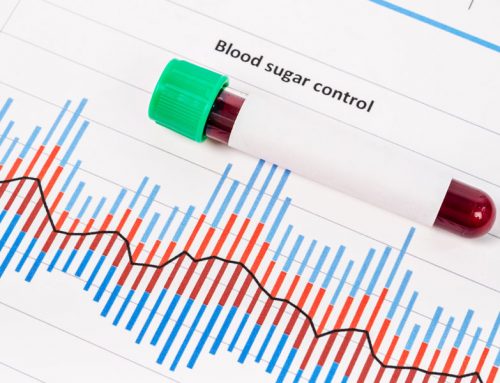
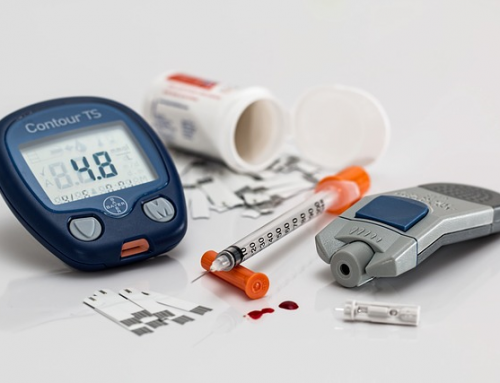
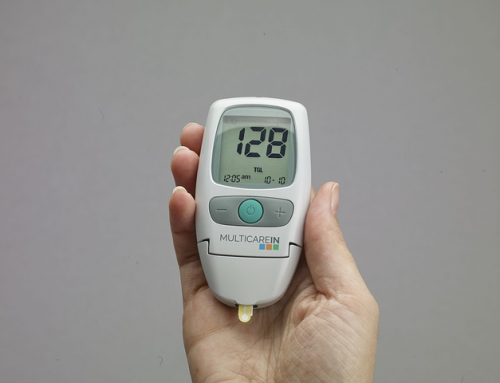
Leave A Comment